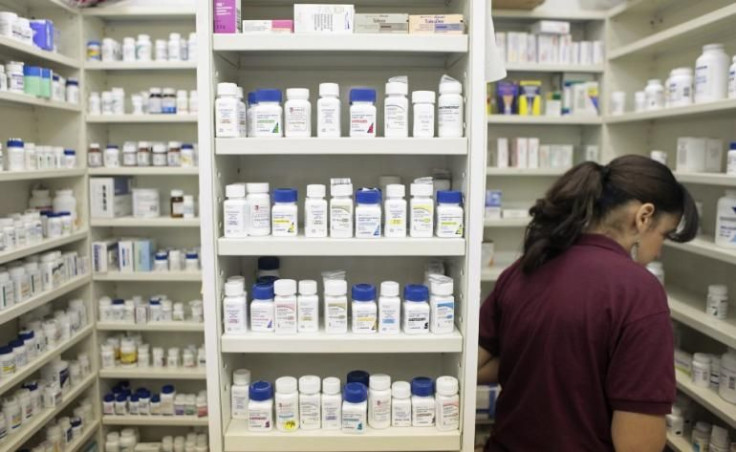'Tweens' Self-Medicating: 5th And 6th Graders Are Abusing Over-The-Counter Drugs At Alarming Rate

State and federal health officials are consolidating efforts to help curb the amount of young teenagers who have access to potentially harmful over-the-counter (OTC) drugs. Representatives from the American Association of Poison Control Centers and Scholastic are urging parents to monitor their children’s medication, whether they are prescription or OTC, and to keep track of the dosage they are consuming.
“These kinds of products in even just doses of three or four pills can be problematic, especially if they (the children) don't know, if they're not very heavy, or [if] they might even have medical problems already that may interfere with the way the drug works," Director of the Georgia Poison Center, Dr. Gaylord Lopez told My Fox Atlanta.
Dr. Lopez said Georgia’s Poison Center receives several calls a week regarding children as young as the fifth and sixth grade who overdosed on their OTC medication. Around 58,000 U.S. teenagers visit the emergency room each year from abusing common medications, such as acetaminophen and ibuprofen.
"Many of the calls that we get are from parents who decided to give their child medication, or instructed their child to take medication, and then they read the instructions, and then they read the label," Lopez told My Fox Atlanta. "We want all of that to be done ahead of time to avoid any potential poisoning issues.”
Under the Affordable Care Act, patients require the approval of a physician before they can receive a prescription for OTC medication. New legislation dubbed The Restoring Access to Medication Act is attempting to give consumers the freedom to purchase over-the-counter drugs without the approval of a doctor.
“We believe this restriction on the use of tax-preferred accounts for the purchase of OTC medicines has resulted in unintended consequences to both physicians and patients,” the Health Choices Coalition said in a statement. “We thank you for your efforts to restore the ability to pay for OTC medicines with tax-preferred account funds without the need for a prescription.”



























